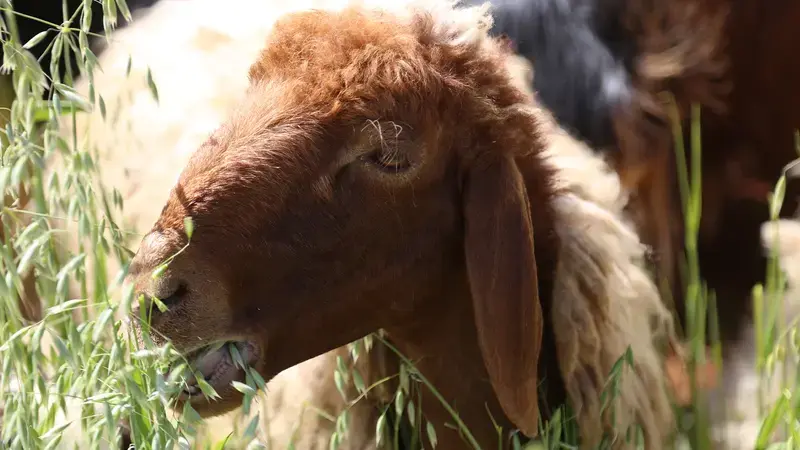
Across global drylands, forage crops (animal feed as pasture, crop residue, or cereal) are essential to smallholder farmers to sustain their livestock throughout the year, especially in winter, when animal grazing may be restricted. By developing climate-smart approaches for sustainable production of forage crops, ICARDA reduces the cost of buying animal feed and decreases environmental damage from overgrazing.
ICARDA focuses on forage crops and straws such as barley (consumed by people and livestock, and also serves the brewing industry – see ICARDA’s Barley Breeding Program) as well as annual medics (legumes), vetch (grasses), and spineless cactus, a drought-resilient, water-efficient multi-purpose crop.
Apart from cactus, these forages are developed through our breeding programs to withstand stresses such as water scarcity, pests, extreme temperatures, and disease. The RASP team subsequently focuses on agronomic practices and seed systems to integrate the forages into family farmers’ food systems through crop rotation at affordable prices. Crop diversification that rotates forage crops with food crops such as wheat improves soil health, increases feed resources, reduces feed costs, and allows restoration of degraded rangelands by lessening grazing pressure.
ICARDA and FAO also host the Cactus Network to promote its important and versatile attributes.
